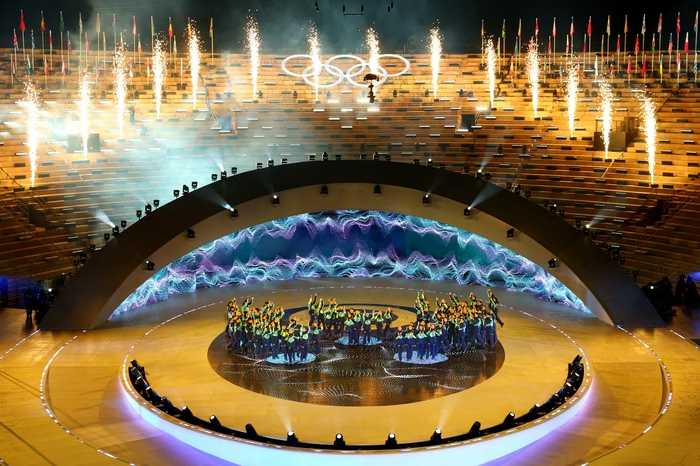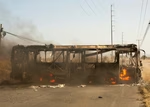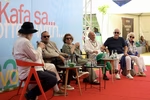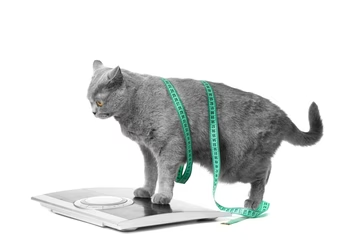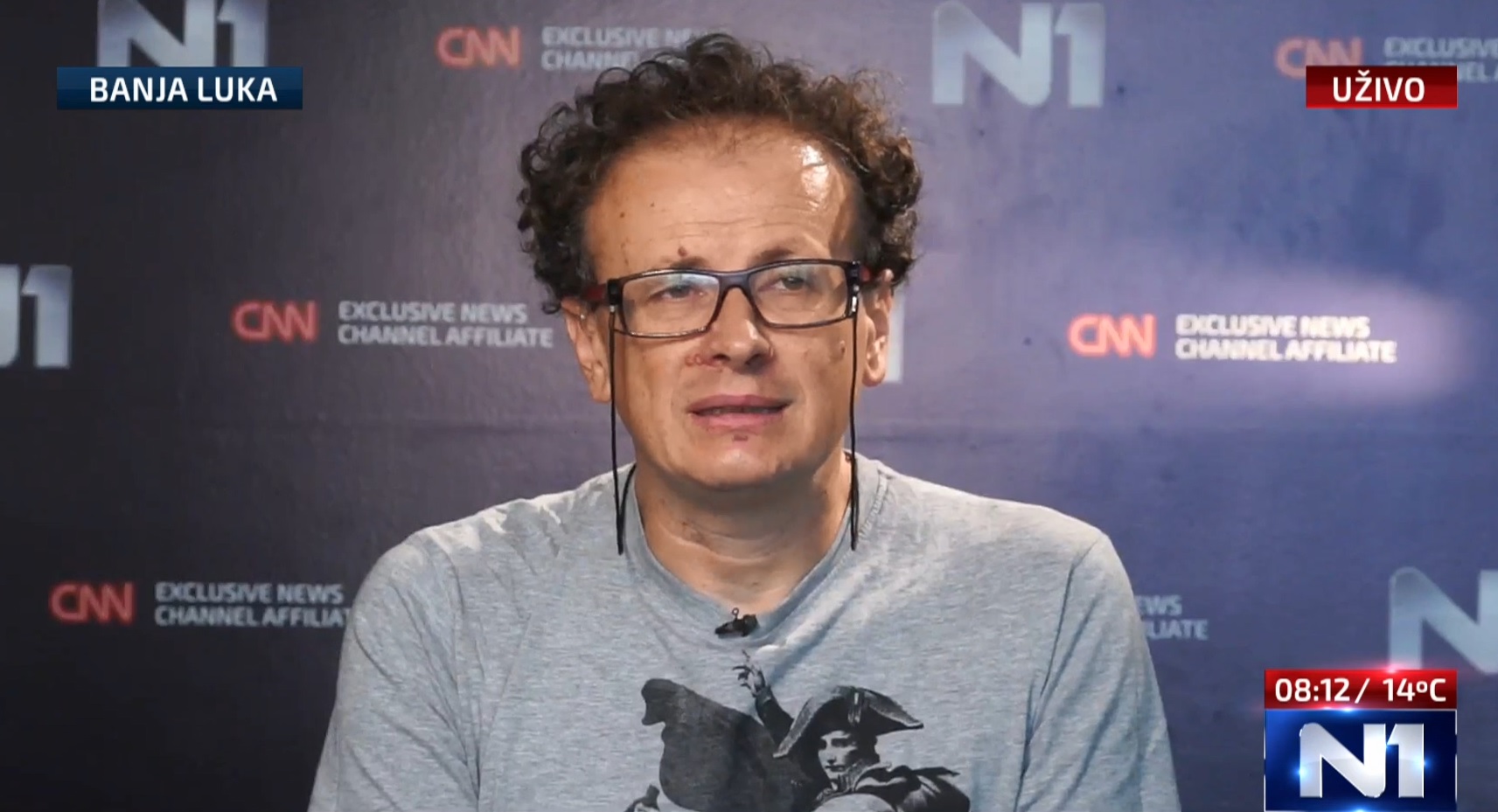
The election campaign in Bosnia is in full swing but candidates are “recycling” the same old promises they never fulfilled while not having anything new to offer to voters, psychologist Srdjan Puhalo told N1 on Thursday.
“The election campaign is utterly idealess and very brutal. It is idealess because local politicians have nothing more to promise to the citizens of Bosnia and Herzegovina that they have not promised before,” Puhalo said.
The psychologist said that “less than five per cent” of what was promised in the last election was delivered, and that politicians are now “recycling” promises.
Bosnia’s path toward European Union membership is not a trend for local politicians anymore, he said, explaining that “They are following what is going on in Europe and they are adjusting that into their own rhetoric.”
“It is important to point out that few are tending to those who have not been voting until now and are now thinking of whether they should go vote. Local politicians are steered toward their secured votes,” Puhalo said, explaining that those who are already determined supporters of those in power will surely go vote.
The psychologist spoke of brutality in the election campaign that has been going on until now, mentioning a recent attack on a journalist in Republika Srpska (RS), Bosnia’s Serb-dominated semi-autonomous entity, and another incident in Sarajevo from earlier this week, when the car of a top member of a political party was set ablaze.
“They are abusing the lowest level of emotions, which is nothing new, but has now been raised to a new level,” he said.
Puhalo spoke of the situation in the RS, where the ruling party, the Alliance of Social Democrats (SNSD), is embroiled in a fierce electoral battle with a coalition of opposition parties, called the “Alliance for Victory”.
Part of that opposition coalition is also the Serb Democratic Party (SDS), which was in power in the RS during and immediately after the 1992-1995 war in Bosnia.
The only way for someone to shift their support from a political party to another one is if that person experiences extreme disappointment, Puhalo said.
“The situation in Republika Srpska is that the SNSD has taken over a part of the voters of the SDS who were very radical. With the aggressive rhetoric of those in power which we are listening to for 12 years already, the SDS all of a sudden doesn’t seem like so much of a ‘Serb’ party anymore, not as so patriotic, and those voters have now shifted to the SNSD,” he said.
He explained that this is a rare phenomenon and that it is difficult to find a political alternative to support so things can change.
“People who are disappointed in political parties they have voted for before will now rather abstain from voting,” he said.
Elections are being steered by fear and animosities in Bosnia since 2006, he said.
“Since then and until now we have permanent fear which is increased among voters ahead of an election. We should have 30 days of complete silence when the politicians should not be allowed to say anything, where we could estimate how satisfied citizens are with what has been done by those in power until then,” he suggested.
The psychologist also criticised the electoral system in the country.
“Bosnia and Herzegovina and its electoral system are made in a way that it allows those who are the most radical to get the most votes because they can convince us that they are the best and the biggest protectors of their own ethnic group with their aggressive rhetoric,” he said.
Kakvo je tvoje mišljenje o ovome?
Učestvuj u diskusiji ili pročitaj komentare





 Srbija
Srbija
 Hrvatska
Hrvatska
 Slovenija
Slovenija


















